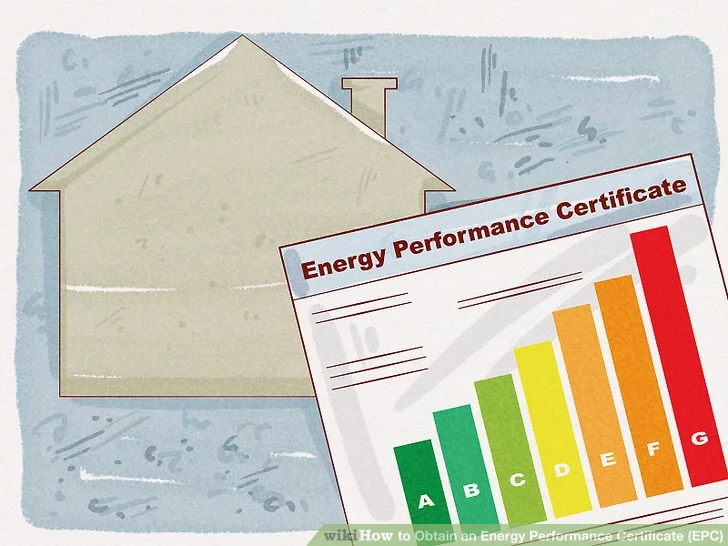In today’s world, the importance of energy efficiency cannot be overstated. With increasing concerns about climate change, resource depletion, and rising energy costs, energy efficiency has become a critical aspect of sustainable living. This article will delve into the various benefits of energy efficiency and how it can contribute to a greener and more sustainable future. From saving money on utility bills to reducing greenhouse gas emissions, energy efficiency offers numerous advantages that can positively impact individuals, businesses, and the environment.
Lowering Energy Costs and Saving Mone
One of the most significant benefits of energy efficiency is its potential to lower energy costs and save money. By using energy-efficient technologies and practices, individuals and businesses can reduce their energy consumption, lowering utility bills. For example, upgrading to energy-efficient appliances, such as refrigerators, air conditioners, and lighting fixtures, can significantly reduce energy consumption and result in substantial cost savings over time. Additionally, improving the insulation of buildings and using intelligent energy management systems can further optimize energy use and reduce energy expenses.
Reducing Environmental Impact
Another crucial advantage of energy efficiency is its potential to reduce environmental impact, particularly greenhouse gas emissions. Burning fossil fuels for energy production is a significant source of greenhouse gas emissions, contributing to climate change. By reducing energy consumption through energy efficiency measures, we can lower fossil fuel demand and decrease greenhouse gas emissions. This can help mitigate climate change and protect our planet for future generations.
Enhancing Indoor Comfort
Energy-efficient technologies and practices can also enhance indoor comfort in homes, offices, and other buildings. For example, improved insulation and sealing can help regulate indoor temperature, reducing the need for excessive heating or cooling. Energy-efficient lighting fixtures can provide better illumination while consuming less energy. Energy-efficient heating, ventilation, and air conditioning (HVAC) systems can also maintain optimal indoor air quality, creating a healthier and more comfortable living and working environment.
Stimulating Economic Growth
Energy efficiency can also stimulate economic growth by creating new opportunities for innovation, investment, and job creation. Developing and deploying energy-efficient technologies and practices can drive economic growth through increased demand for energy-efficient products and services. This can result in new business opportunities, investment in research and development, and job creation in the clean energy sector. Moreover, energy efficiency can also reduce businesses’ energy consumption, leading to cost savings that can be reinvested in other areas of the economy.
Enhancing Energy Security
Energy efficiency can also enhance energy security by reducing dependence on fossil fuels and diversifying the energy mix. Overreliance on fossil fuels can leave economies vulnerable to price volatility, geopolitical tensions, and supply disruptions. By improving energy efficiency, we can reduce the demand for fossil fuels and decrease the reliance on imported energy. This can enhance energy security and promote a more stable and resilient energy system.
Promoting Sustainable Living
Energy efficiency is an essential component of sustainable living, which aims to meet the needs of the present generation without compromising the ability of future generations to meet their own needs. Energy efficiency promotes sustainable living by conserving resources, protecting the environment, and ensuring a more sustainable future for our planet by reducing energy consumption and minimizing environmental impact.
Improving Public Health
Energy efficiency can also have a positive impact on public health. For instance, burning fossil fuels for energy production can result in air pollution, which can adversely affect human health, such as respiratory illnesses and cardiovascular diseases. Reducing energy consumption and lowering emissions through energy efficiency measures can improve air quality and protect public health.
Empowering Communities
Energy efficiency can empower communities by providing access to affordable and reliable energy. Energy-efficient technologies and practices can help communities access clean and affordable energy sources, especially in developing regions. This can improve living standards, promote economic development, and empower communities to become more self-sufficient and resilient.
Supporting Climate Action
Energy efficiency plays a critical role in supporting climate action efforts. As mentioned earlier, reducing energy consumption through energy efficiency measures can lower greenhouse gas emissions, which are the leading cause of climate change. By implementing energy-efficient technologies and practices, we can support global efforts to combat climate change and reduce our overall carbon footprint, contributing to a more sustainable and habitable planet.
Fostering Innovation and Technological Advancement
Energy efficiency also fosters innovation and technological advancement. The development and deployment of energy-efficient technologies require continuous research, development, and innovation. This drives technological advances in building design, renewable energy, smart grid systems, and energy management solutions. These advancements contribute to energy efficiency and have a spillover effect on other sectors, leading to broader societal benefits and economic growth.

